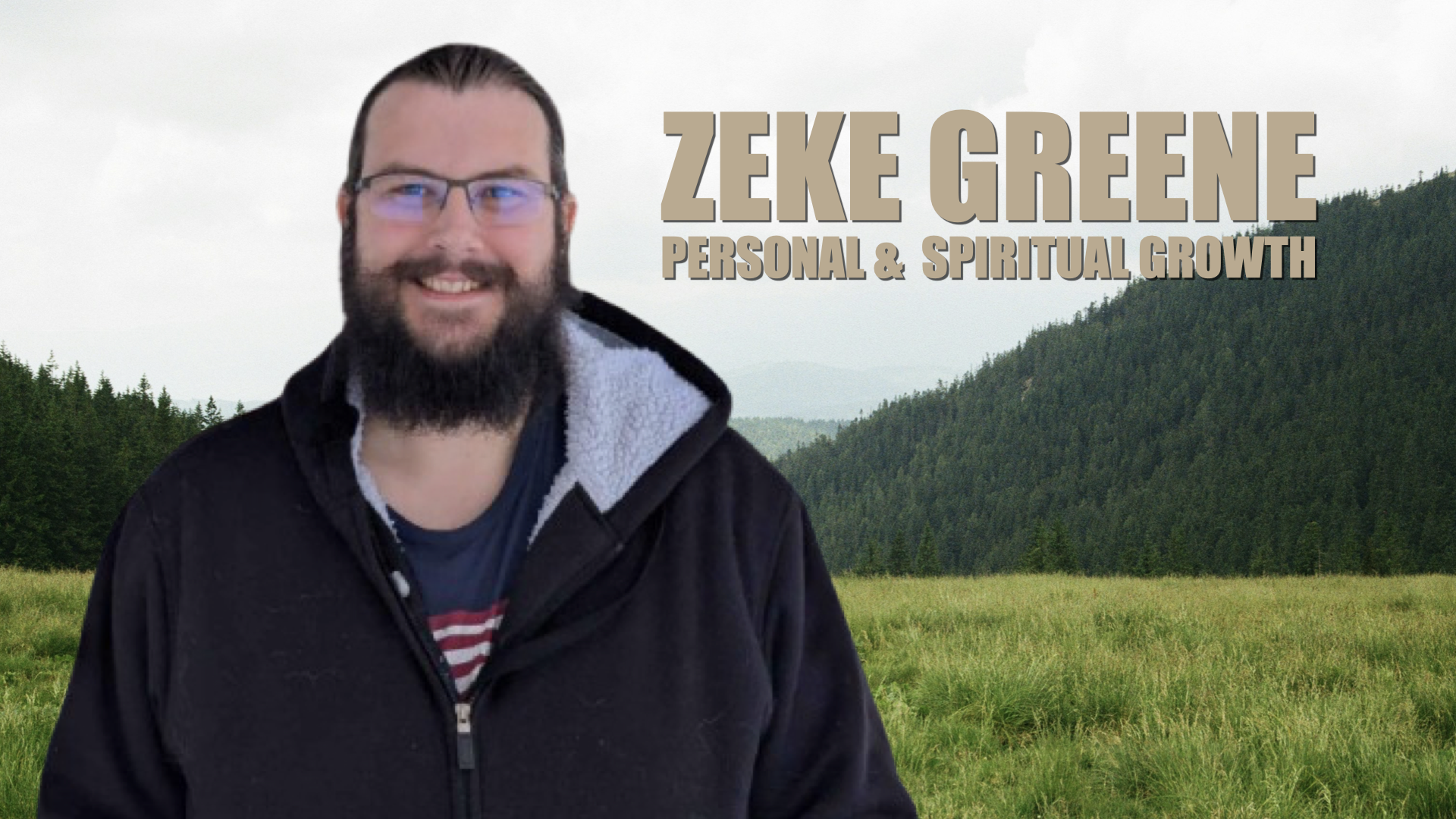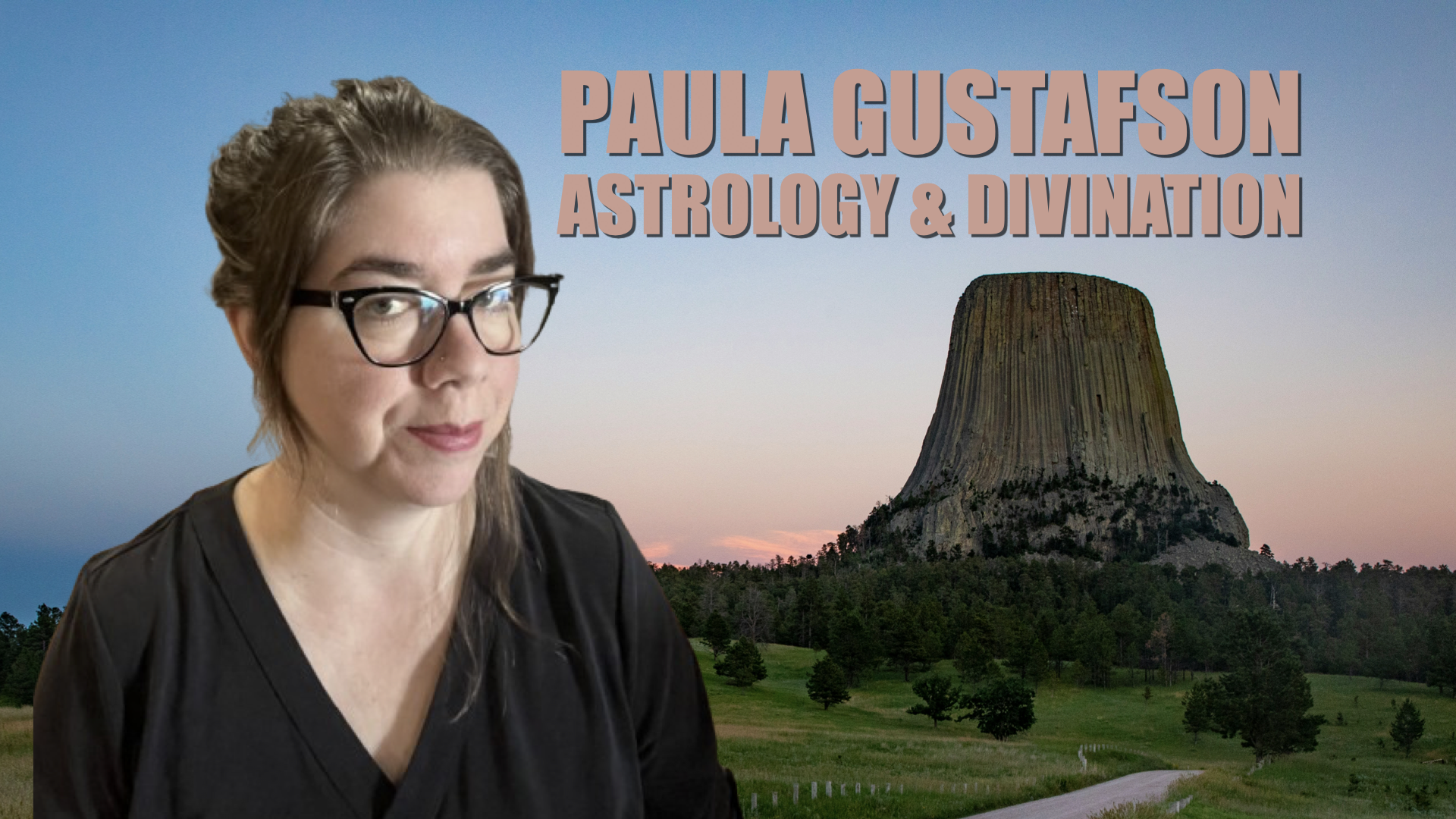It’s often said in paganism that ancestor veneration is central to it. But what does that really mean? Many today are so rootless that they don’t even know how to do that. Ancestor veneration is very broad and multifaceted, but also very simple at the same time.
To begin with, the most basic thing you can do is tell their stories. Talk about your ancestors frequently, sing of their deeds with reverence and gratitude. Also, know where you come from. Learn all you can from your parents and grandparents while they are alive. If they don’t know much, do as much genealogical research as you can (I think it’s always worth it to do it anyways, but genealogical research can be a lot, so if you don’t have the time or inclination, that’s ok). Practice your familial traditions and teach them to your children. If you live near your deceased ancestors’ graves, visit often, take care of them and leave offerings.
This is all well and good, but many may say, why would you even practice ancestor veneration? What if your parents, grandparents, etc. were terrible people? Why would you want to be associated with that? Why would you honor that? These are all good questions and are worthy of response. Firstly, you are not an island. No one is an individual, at least, not in the true sense of the word. You are but a single thread within a great tapestry that tells the story of your family line. This means, like it or not, you are associated with said terrible people. Instead of focusing on them as individuals, focus on the tapestry as a whole and the story it tells in its entirety. See it for what it is, and understand that it is beautiful, full of love, of tragedies, and of redemption. See that even in that parts that may not be so pleasing, they always eventually lead to something beautiful and wonderful. Know that without the chaos, without the ugliness, there would be nothing for order and beauty to flourish from. Likewise, order and beauty are not eternal – they eventually decay. It is a part of a never-ending cycle.
This example may seem a little too esoteric, which is not my intent, so let me be more direct, and perhaps even share some of my own family trauma as an example. My relationship with my mother is quite a complicated one. For context, I’m the second of five children and was raised by my mother and stepfather. Growing up, I was a mama’s boy, always wanting to be around her and trying this and that to get her attention, love, and approval. Even though I was overall a well-behaved kid and performed well in school, it never seemed to be enough. My best never seemed to be quite good enough unless I met her high standards, regardless of my effort and regardless of how much better I did than my peers. Her criticisms and lack of motherly empathy when I needed it most would always cut me to the bone. Moreover, she was frequently emotionally unavailable. When she would come home from working jobs that I knew she hated, all she would typically do was check out and watch TV. If I or my siblings interfered with this routine, there would be hell to pay.
Additionally, my parents were extremely authoritarian in their parenting style, and my stepfather would frequently beat me and my brothers with my mother’s assent. For example, my brothers and I frequently got in trouble for taking our parents’ candy. Whenever my stepfather discovered someone had been taking candy without permission, he would take my brothers and me, line us all up, and ask us who stole the candy. Every time no one answered, everyone got slapped. This would continue until someone would confess. Once the brother, whoever it was this time around, had confessed, he would get two beatings: one for taking candy, another for allowing his brothers to be punished. My mother was completely complicit in all of this. Not once did she ever try to get my stepfather to stop hitting my brothers or me. Ever. She sided with him every time.
This is bad, but we should dig deeper and look at my mother’s childhood. To be honest, my mother never really talked much about her childhood. Most of her stories were either about superficial stuff or her relationship with her siblings (she was the seventh of nine children). The little that I do know about her upbringing, and of course through my own relationship with my maternal grandparents, is the following: My grandfather was a hard man, very authoritarian and emotionally unavailable. I know he was completely unafraid to resort to serious corporal punishment. He was very much a believer in that Biblical verse, “Spare the rod, spoil the child.” In contrast, my grandmother was a very loving woman but had a very hot temper and could and did fly off the handle from what I understand. When this would happen, then she too would become physically abusive. This kind of upbringing helps explains why my mother is the way she is.
Now it’s time to dig even deeper. Both of my maternal grandparents are products of the Great Depression. Both experienced severe abuse. My grandmother was severely physically abused by her father over the slightest mistakes. I remember being told once how her father hit her so hard at the dinner table that she rolled out of her chair and slammed into the wall behind her. All because she was chasing a pea around her plate with her fork. My grandfather’s parents divorced when he was two, and his mother couldn’t afford to take care of him on her own. So, she dropped him off at an institution, and he ended up being passed around from foster home to foster home. His first memory was watching his mother walk away from him through barred windows.
I could go deeper, but I believe I’ve made my point. Abuse is not something that just appears out of nowhere. Typically, it is a generational chain. It is up to us to break that chain, to do what our ancestors were unable to do in their lives. Not only is it best for you and your children if/should you have them, but it is also the greatest gift you can give to your ancestors, the greatest way to honor and show your love for them. The greatest way to honor them is not just singing of their valiant deeds, it is also in correcting the not-so-great misdeeds. In healing that generational pain, you free your family line from a generational curse and are able to move forward.
So, how exactly do you go about healing from generational abuse, you may ask? This took me awhile to figure out myself. I carried a lot of resentment towards my mother for years. I was owed the love and care that every child on this earth is owed from their mother, and I did not receive it, at least, not in the way that I needed. The first step in healing is to recognize the generational abuse for what it is: generational. My mother didn’t do the things she did to me because she was inherently cruel or mean. I had to recognize that she’s broken too. The things that happened to me happened to her first. I was just a single link in a chain. Once I made that connection, then I could really begin the healing process. You see, my mother could not give me what she did not realize she was missing in the first place. So I forgave her. I do not approve of her actions, and she has never apologized for the things she did, nor will she ever do so. But holding on to the anger and resentment has not done me any good, and to be honest I still love my mother very much. I may never get what I need from her, but she is what I have. Next, and this is the most important part, I began working on myself. Through practices like meditation, I began noticing bad behaviors and habits of mine that I had inherited and began eliminating them.
After addressing healing generational abuse and speaking so negatively about my family members, I feel that I would be remiss if I did not include what I love about them. For my mother, I love her deeply, despite the ways she raised me. Despite the painful memories, I have many fond ones too. Our pastime was watching TV shows and movies together. She is the person that I get my love of stories, fantasy, and folklore from. For my grandmother, she was a second mother. A mama bear to the core, she loved me and my siblings fiercely. From her I get my love of family and home. I treasure every moment I had with her. For my grandfather, I miss him dearly. He taught me things like the value of hard work, determination, grit, and the difference between right and wrong. He even taught me little things like how to play chess. Also, even though I mentioned his difficulty in expressing emotion, I will always remember the little glimpses into his true self when his guard was let down. He also had the most musical singing voice and would spontaneously burst into song (normally gospel songs, which is highly ironic now all things considered, but I still cherish the memory).
I say all of these things because families are messy and complicated. There are a lot of feelings involved, good and bad. However, we are all interconnected with one another and have to find a way to coexist together. All we have is each other, and we need to try to stick together in a world that is doing everything it can to tear us apart. It is exceedingly rare to truly be unable to work with someone, so be patient with each other. The same is true with those who came before us.
Healing generational abuse is all about breaking the cycle of abuse. Once you recognize there is a cycle and the behaviors that cause it, all that’s left is ending the behaviors. That being said, it may appear simple, but can be hard in practice. These behaviors are deeply engrained. They didn’t become generational for no reason. So, if you need it, seek help or guidance in ending the behaviors. There is no shame in asking for help. For me, eliminating all of the behaviors is by no means finished. It is has been a long journey. However, I’ve already made great progress. The results of my work are apparent in my children. Seeing my children every day; their growth and progress in life lets me know that I’m doing everything right by them. That is also what lets me know I am doing right by my ancestors too.


